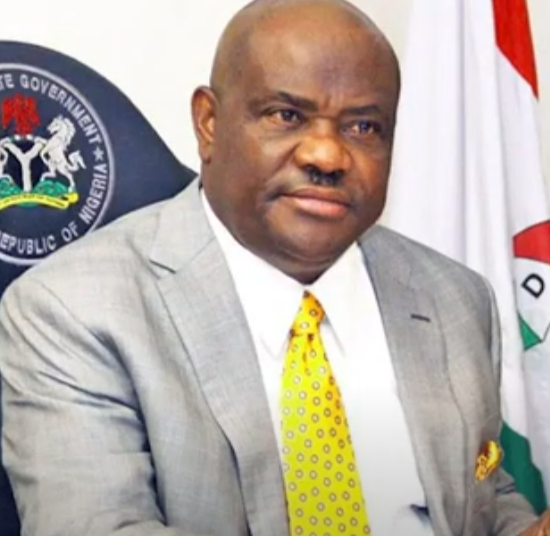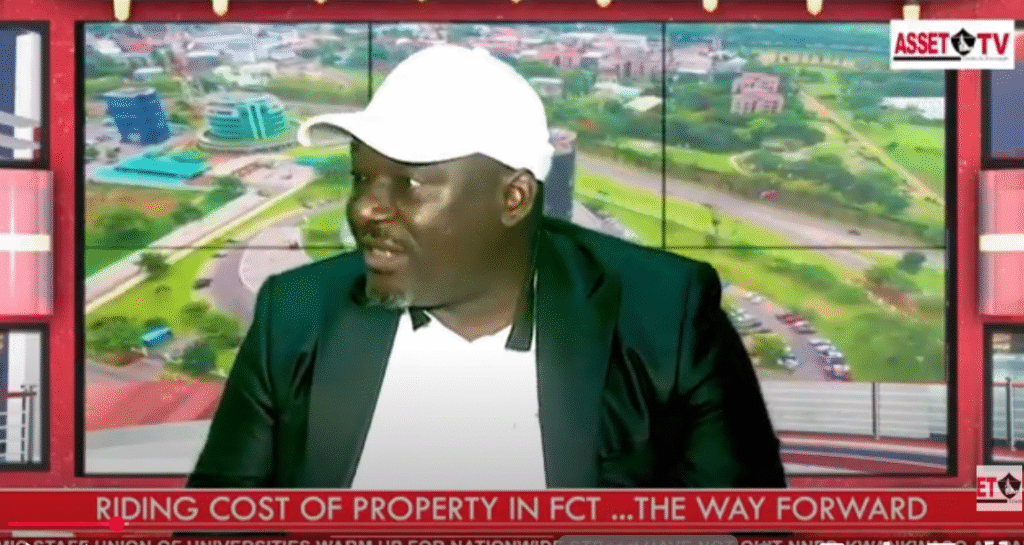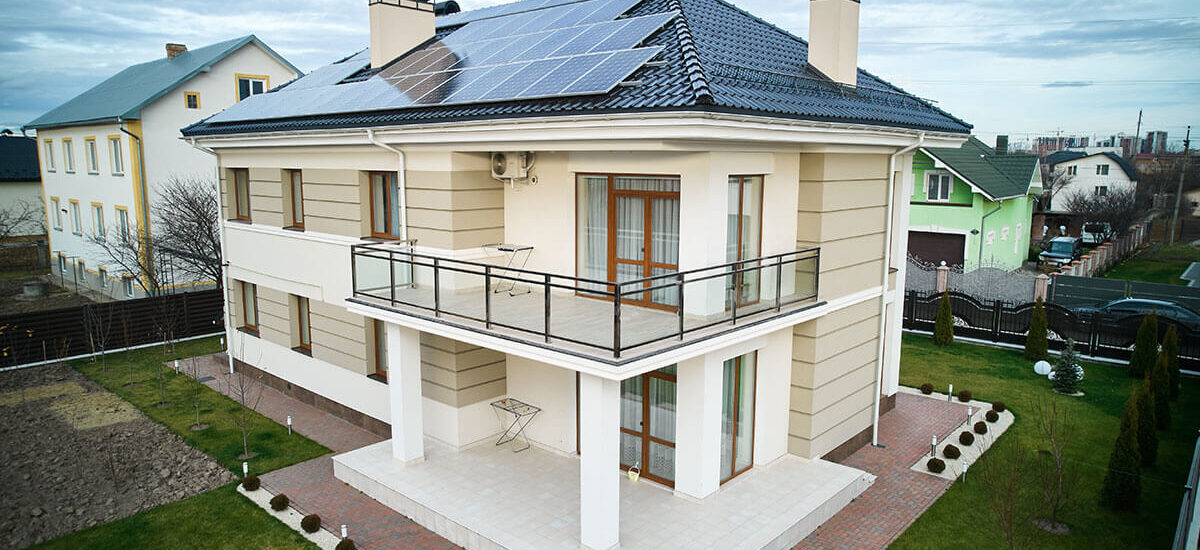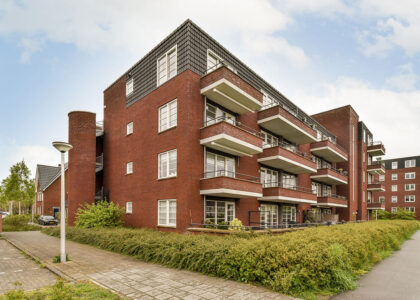The Rising Cost of Property in FCT Abuja: Between Development and Displacement
Recently, on AssetTV Nigeria, the Managing Director of Evermark Realty Limited shared his thoughts on what’s driving the sharp rise in property costs across Nigeria. His points echoed what many of us in the industry have been saying quietly for months — that while inflation and material costs are part of the story, government policies and administrative decisions are now shaping the market in ways that feel… unpredictable.
And nowhere is that more evident than in the Federal Capital Territory — Abuja.


Demolition, Revocation, and the Ripple of Uncertainty
Under the current FCT Minister, Mr. Nyesom Wike, the government’s drive to “restore the Abuja Master Plan” has gathered steam. On paper, it’s about order and aesthetics – reclaiming green areas, clearing illegal structures, and ensuring compliance. In practice, though, the pace and approach of these demolitions have left both developers and residents shaken.
For every structure pulled down, there are stories of investments lost, families displaced, and projects halted midway. Beyond the immediate damage, there’s a quiet but powerful ripple effect: investors lose confidence, developers add new layers of risk to their financial models, and property prices adjust upward to absorb future uncertainties.
Then there’s the issue of revocation of land titles, often sudden, sometimes poorly communicated. Titles that once represented security now carry the quiet fear of nullification. Developers who’ve spent years planning, paying dues, and following the right processes find themselves having to start over. It’s a chilling prospect, and that uncertainty has become a silent tax on everyone doing business in Abuja’s real estate space.

The Role of REDAN: A Voice Between Policy and Practice
This is where the Real Estate Developers Association of Nigeria (REDAN) must continue to play its crucial role. Government regulation is necessary — no one denies that. But the process must be humane, consultative, and economically sensible.
REDAN’s advocacy shouldn’t just be reactive; it should help shape proactive dialogue between developers and policymakers. We need frameworks that correct errors without punishing legitimate efforts. Abuja’s development should reflect not only a master plan on paper but also the realities of people who are building the city in real time — brick by brick, loan by loan.
How It All Translates to Rising Costs
Every act of demolition, every revoked title, every delay in policy clarity adds to the total cost of doing business. Banks become cautious, insurance terms get tighter, and developers start factoring in “policy risk” on top of inflation and import costs.
The outcome? Prices of properties rise — not out of greed, but out of survival. Buyers feel the pinch. Renters face steeper rates. And slowly, the dream of homeownership in Abuja begins to drift out of reach for the average middle-class Nigerian.
Building for the Future, Not Against It
Abuja deserves to be a city of order, yes — but also a city of trust. For progress to be sustainable, development control must come with sensitivity and foresight. Investors need confidence that their efforts are protected under clear, consistent laws.
Real estate, after all, is not just about structures. It’s about stability — social, economic, and emotional. And until that stability returns to the heart of policymaking in the FCT, the cost of property will keep rising… not only in naira, but in lost opportunities and broken trust.






